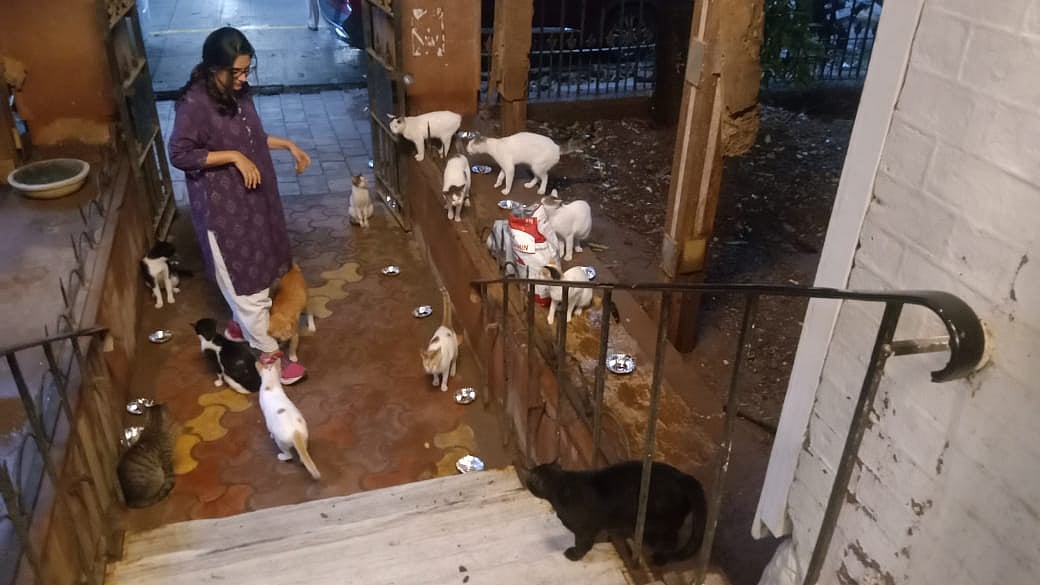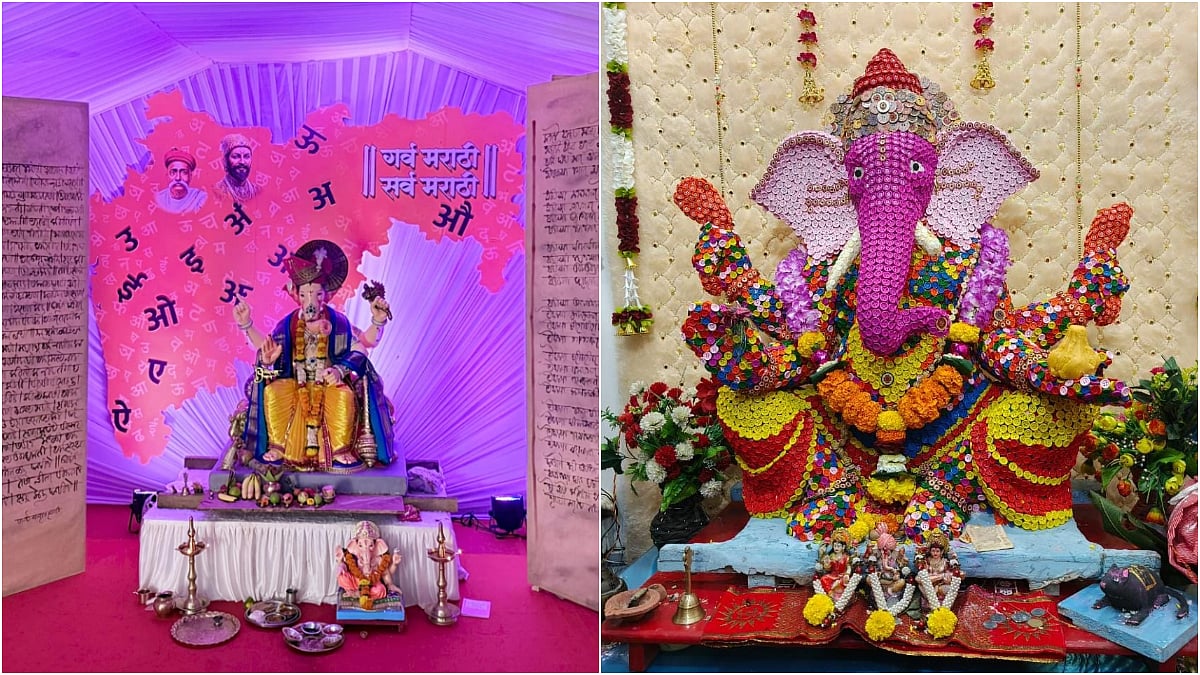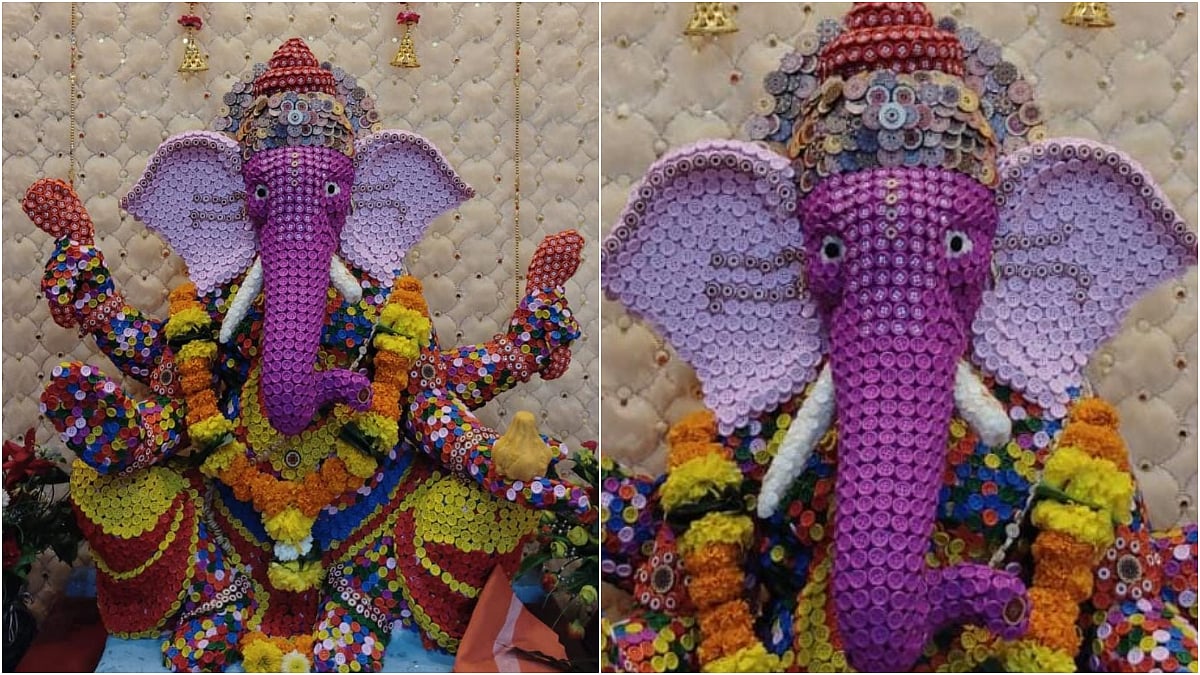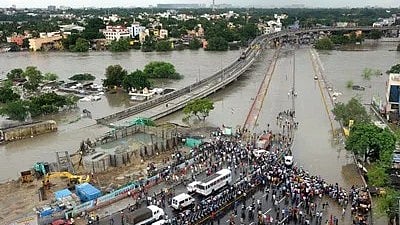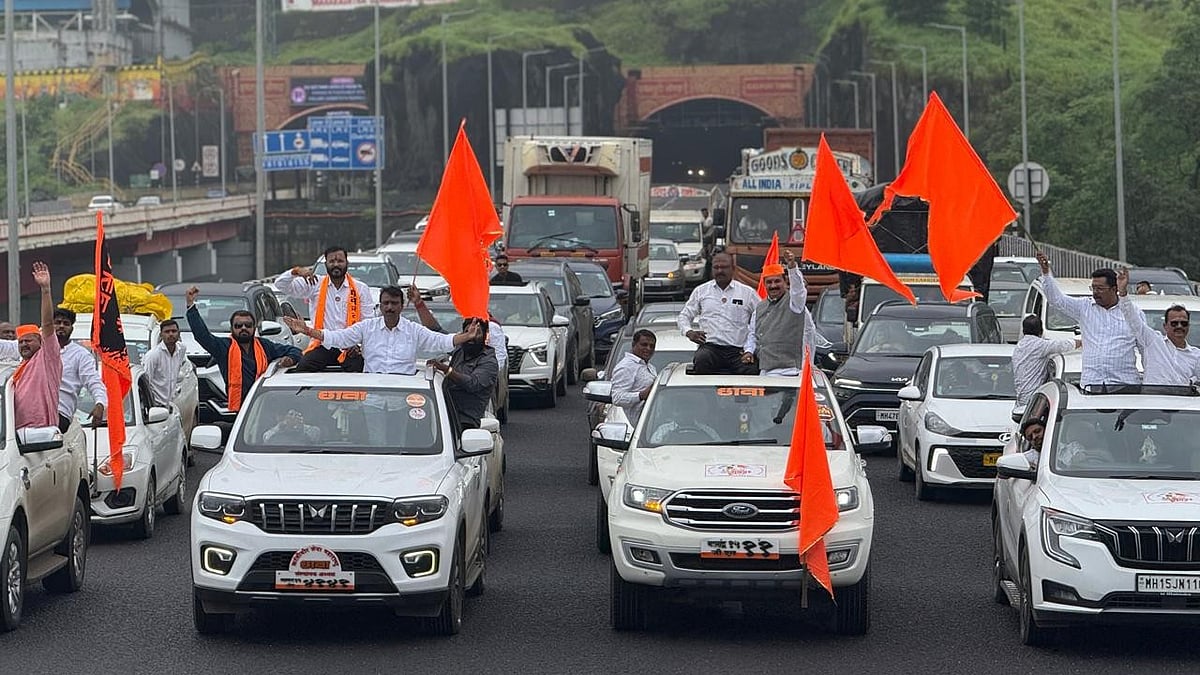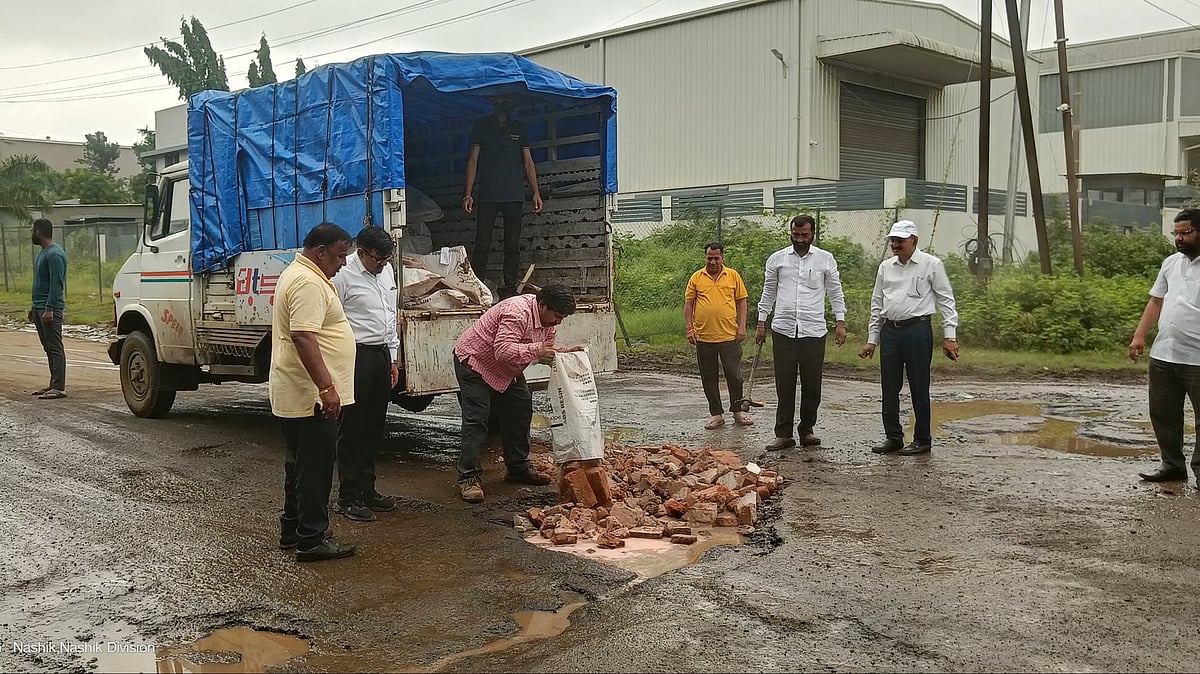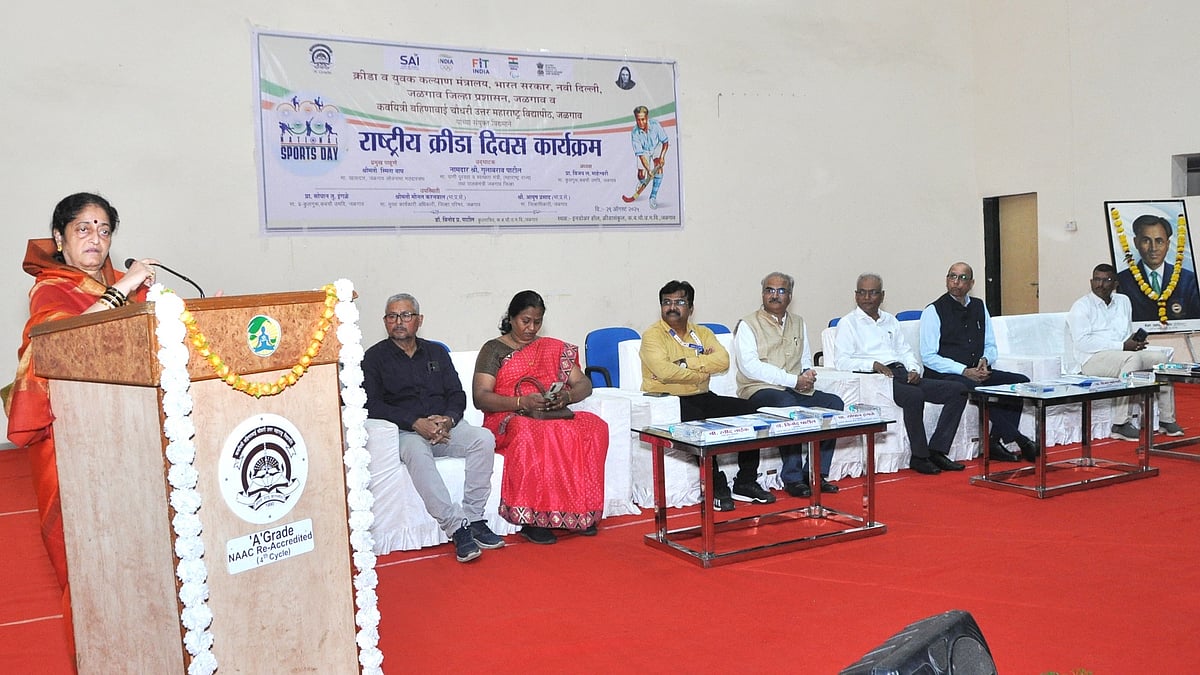In a session titled 'Relevance of and Reliance on History' at the 11th Pune International Literary Festival (PILF), renowned authors Vaibhav Purandare and Uday S Kulkarni shed light on why Maratha history, despite being one of Southeast Asia's largest empires, remains confined to the state and has gradually faded from school curriculums.
Kulkarni highlighted, "If we examine the late 18th century, Charles Malet, the British resident at the court of the Peshwa, documented their apprehension of a decisive confrontation with the Marathas. There was a conscious fear of the potential threat they posed. Even after the dissolution of the Maratha empire, this apprehension persisted, especially as revolutionaries emerged from this region. However, post-1920, the epicentre of the independence movement shifted away from Pune. Since then, this region's presence on the national stage has seen a steady decline."
Purandare concurred, adding, "Maharashtrians have not effectively steered the narrative within the intellectual establishment. On the other hand, Bengal had historians consistently championing their regional history, gaining control of intellectual institutions and thereby having an advantage. Herein lies our shortfall. We could have similarly chronicled our region's history, but rectification efforts are underway. Sadly, history has been predominantly north-centric, neglecting western India, despite Maratha history's pivotal role in understanding India's narrative. Many in the new generation are even unaware of the Maratha empire's existence. It's imperative that history is imparted equitably, giving Maratha history equal prominence alongside Rajput, Delhi, or southern history."
Kulkarni attributed the neglect of Maratha history nationally to a left-liberal conspiracy at the Centre. "Post-independence, the history syllabus we have in India can be traced back to the first five education ministers. A left-liberal conspiracy from the Centre led to the Delhi-centric model we observe today. Whether the curriculum will undergo change remains to be seen. I am endeavouring to contribute my part to this."

The authors also discussed the inadequate representation of Chhatrapati Shivaji Maharaj nationally and internationally. They noted that Marathi books confined Maratha history, limiting accessibility to non-Marathi speakers. Moreover, previous works on Maharaj were error-ridden, and recent discoveries have unveiled new insights.
"When discussing Maharaj in Maharashtra, we've confined him narrowly. Maharashtrian writers kept Maratha history within Marathi books. Conversely, a recent biopic on Napoleon led to a surge in his biographies in bookstores, unlike Maharaj. He hasn't received his due nationally or internationally, and we must strive for that. Additionally, existing works contain errors. For instance, the widely held belief that Maharaj named Kondhana as Sinhagad after Tanaji Malusare's death is erroneous, as Maharaj's correspondence indicates otherwise," highlighted Purandare.
"Regarding Maharaj, knowledge remains episodic. Everyone speaks of certain events - like Afzal Khan's killing, the escape from Agra and the raid of Surat - but lacks a comprehensive view, even within Maharashtra, let alone outside. Politicians have contributed to this limitation, sometimes distorting history on television, diminishing his legacy," added Kulkarni.
'Bhagat Singh has deliberately been appropriated by the ultra-Left'

Vaibhav Purandare and Sanjeev Sanyal | Gaurav Kadam
In a session titled 'Revolutionaries: The Other Story of How India Won Its Freedom', Sanjeev Sanyal, a member of the Economic Advisory Council to the Prime Minister (EAC-PM) and an author, discussed Bhagat Singh's deliberate appropriation by the ultra-Left, specifically referring to the recent smoke canister attack in the Parliament.
Sanyal remarked, "The appropriation of Bhagat Singh has persisted for quite a while, particularly by some random rebels without a cause. The selective mention of such heroes, without broader context, has facilitated this kind of appropriation. Singh, who was hanged at the age of 23, did indeed incline towards Marxism towards the end of his life. However, very few of his compatriots shared this ideology, as Singh himself acknowledged in his book 'Why I Am an Atheist'. Yet, it's crucial to recognise that he was executed for the murder of JP Saunders, seen as retribution for the death of Lala Lajpat Rai, who today might have been brushed aside as a Hindu nationalist."
"Why does this appropriation persist? The communist movement faced a challenge due to the absence of a founder figure. Consequently, they laid claim to Singh and used him to establish a lineage. Despite Shivaram Rajguru and Sukhdev Thapar being executed alongside Singh, their names remain obscure. Singh had to be appropriated to construct this lineage, allowing the communists to assert that their people also fought for independence. However, Singh's Central Legislative Assembly bomb incident—the present-day Parliament—was emphasised, erasing his other connections. Thus, this act of defiance is now portrayed as a random action without context, making it susceptible to appropriation by anyone claiming fandom and engaging in disorderly conduct," he elaborated.
'PILF is a festival for the people'
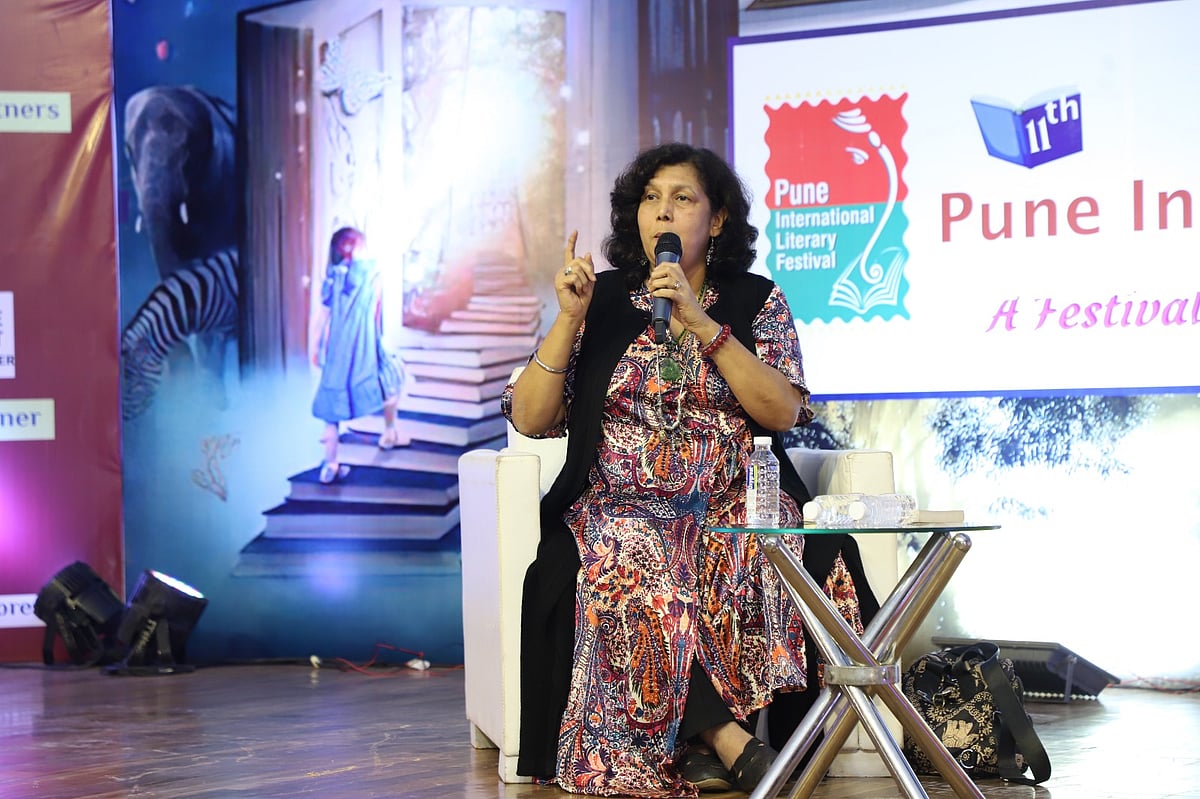
Manjiri Prabhu, PILF director | Sourced

The inauguration ceremony saw Padma Shri Anu Aga in attendance | Sourced
Manjiri Prabhu, the festival's director, shared her thoughts with the Free Press Journal during the event. She expressed her satisfaction, stating, "This has been an effort spanning four months, much like assembling a vast jigsaw puzzle. With hundreds of speakers and sessions, it's an event that links authors and personalities from across the country to the people of Pune. We aim to instill the love of reading, which is deeply rooted in our culture, from a young age."
Prabhu emphasised, "Through this festival, we seek to cultivate a sense of reading and appreciation for books among the younger generation. That's why we reached out extensively to schools and colleges. Witnessing children actively participating in adult sessions and posing insightful questions, I feel this festival isn't just for adults anymore; it's truly a festival for everyone. Henceforth, I won't refer to PILF simply as a literary festival; it's evolved into a celebration for people from all walks of life."
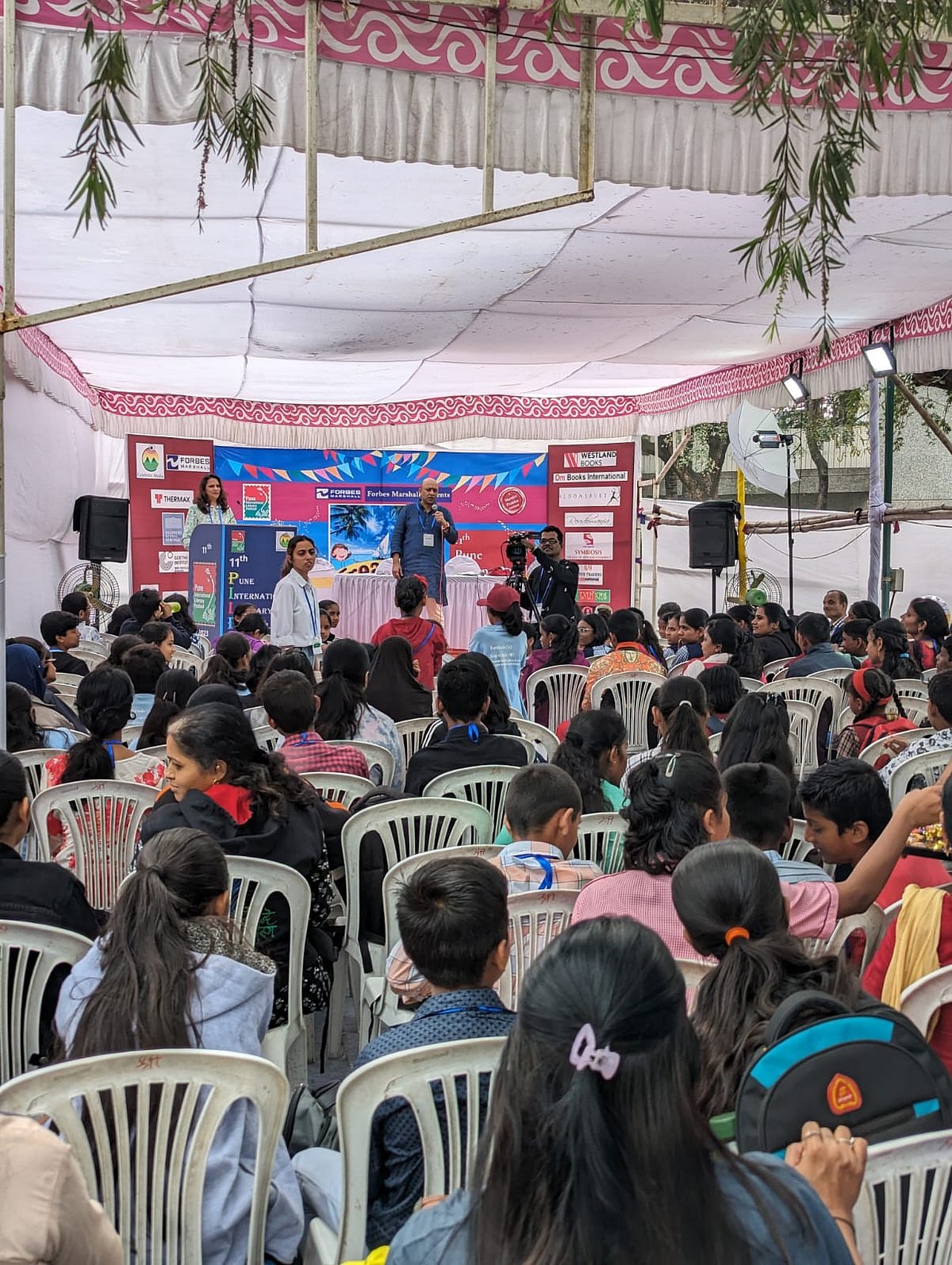
Gaurav Kadam
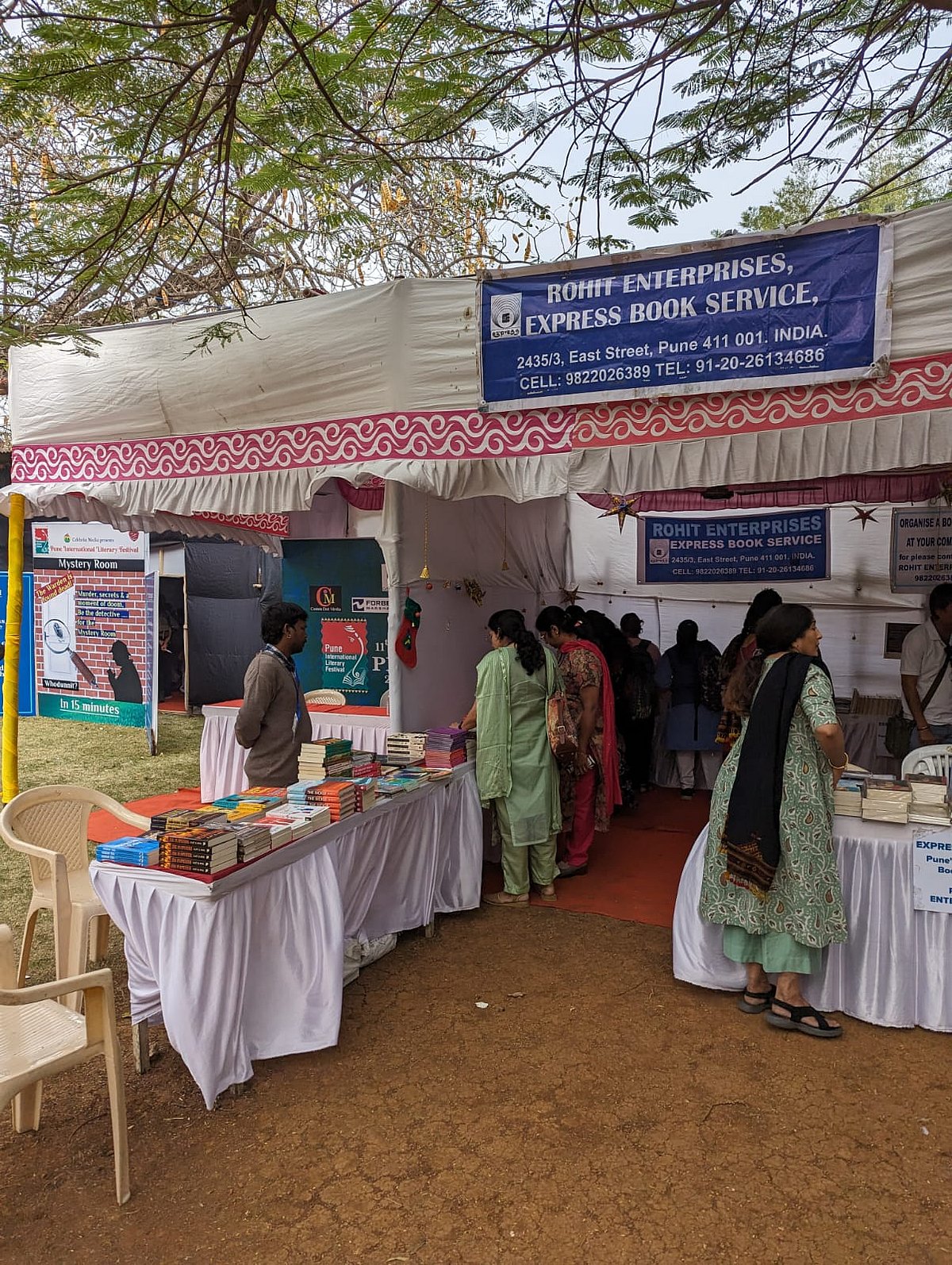
Gaurav Kadam
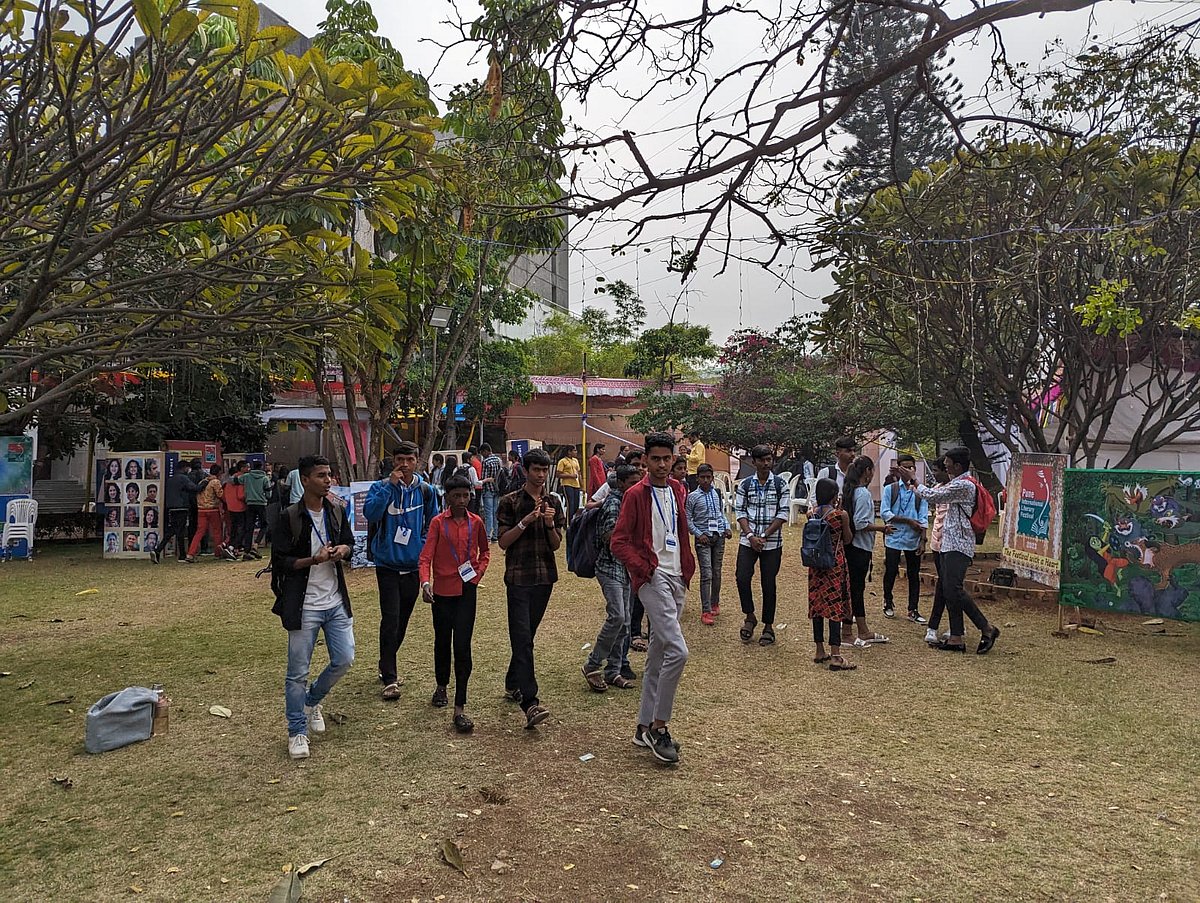
Gaurav Kadam
Attendees Speak:
I attended a few sessions and was impressed by the eloquence of the students and their active participation in discussions - Mandar Kolhatkar, a retired professional
It's a fantastic opportunity for young individuals to interact with their favourite authors and engage in dialogue. This interaction boosts enthusiasm and encourages a deeper dive into reading - Pankaj Snehi, a mechanical engineer


